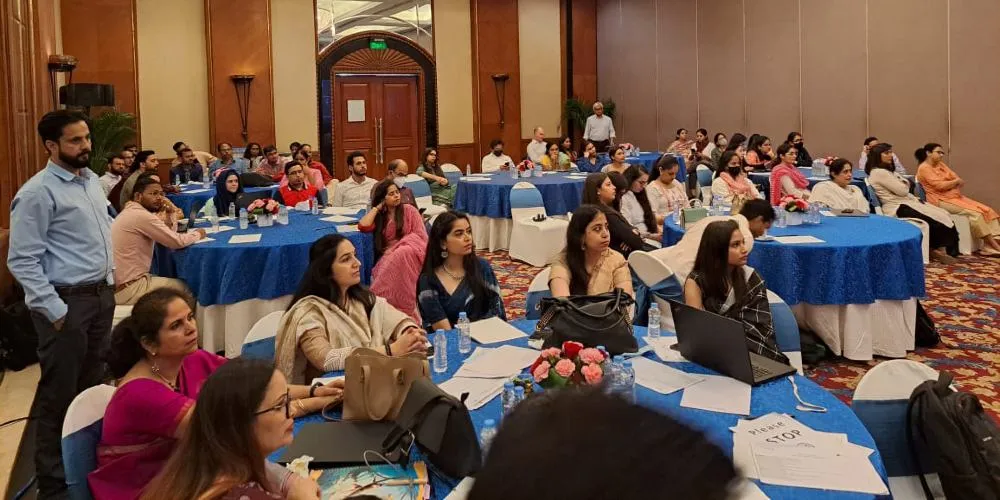8quity: Embedding Equity in our Research Processes
Project Status
ActiveStart Date
End Date
Project locations

Background
Global health research reflects and can either perpetuate or challenge the complex power hierarchies and inequities that characterise our health systems and the societies in which they are situated. The imperative to embed equity in health research aligns with broader efforts globally to promote equitable partnerships among researchers, and between researchers and the communities potentially impacted by their research, or with whom knowledge is co-produced.
Aim
Our primary aim is to increase the capacity of public health researchers all over the globe to enhance equity integration across their research, regardless of their design, size or location. We want to improve conceptual understandings, know how and skills in application of ethical and equity-related principles, and contribute towards growing a culture of ethical praxis in global public health research.
Research Methodology
Case Study
We will develop case studies of research projects at The George Institute for Global Health (across all four offices) to document experiences of researchers in integrating equity across the stages of a research project, placing emphasis on lessons, best practices, barriers, and challenges faced while considering equity dimensions. We will document five case studies of research projects, selected based on the following criteria:
- Strategy pillars: The samples selected will have representation from the three strategic pillars i.e., Better Care, Better Treatment and Healthier Societies
- Study design: We aim to ensure a mix of study design in our sample including randomised controlled trials, secondary data analysis and evidence synthesis, participatory action research, health policy and systems research, and implementation research.
- Size: We will try to have variation in budget and scope of the project reflected across case studies.
- Governance: We will try to have case studies that are both led by The George Institute's researchers or are externally led (in consortium or other modes). However, we will prioritise The Institute's projects to begin with.
Toolkit
What is equity?
Equity is an ethical concept grounded in principles of distributive justice and is similar to the notion of fairness. In the realm of health, the World Health Organization (WHO) defines equity as “the absence of avoidable or remediable differences among groups of people, whether those groups are defined socially, economically, demographically, or geographically.” This concept applies not just to populations, but to the very endeavour of research itself.
Why do we need equity in research?
The proposition is to ensure that health research challenges structural inequities and does not perpetuate them or create new ones. Centred around intent, it thus becomes important to embed equity-oriented practices consciously and deliberately into the research process.
Why was the 8quity toolkit developed?
There is growing concern around how equity is dealt with in the conduct of research and analysis as related to the Sustainable Development Goals (SDGs) and the Leaving No One Behind (LNOB) agenda. This also shares linkages with the “nothing about us without us” and the decolonisation agenda.
The genesis of the 8quity appraisal was manifold and based on shifts and developments at the George Institute for Global Health.
The George Institute's Global Women’s Health (GWH) programme looking to expand its sex-disaggregation policy to look at additional intersectional aspects of disaggregation and inclusion.
The Data Science strategy sought to integrate equity more consciously in the design and conduct of research.
The Healthier Societies strategy is developing internal capacity-building offerings that institutionalise and integrate equity considerations.
Framework of the toolkit
8quity is a conceptual framework for learning and adaptation, grounded at the intersection of three key areas:
Individual Reflexivity: The imperative for researchers to reflect on their own positionalities and power relations with other participants in the research process.
Organisational Responsiveness: An institution's response to researchers' needs for embedding equity in their projects.
Systems/Structures: The interplay between individual reflexivity, organisational responsiveness, and broader structures and systemic forces, where each element influences and is influenced by the others.
Current status
The toolkit is being further developed, along with a publicly accessible Zotero library.

